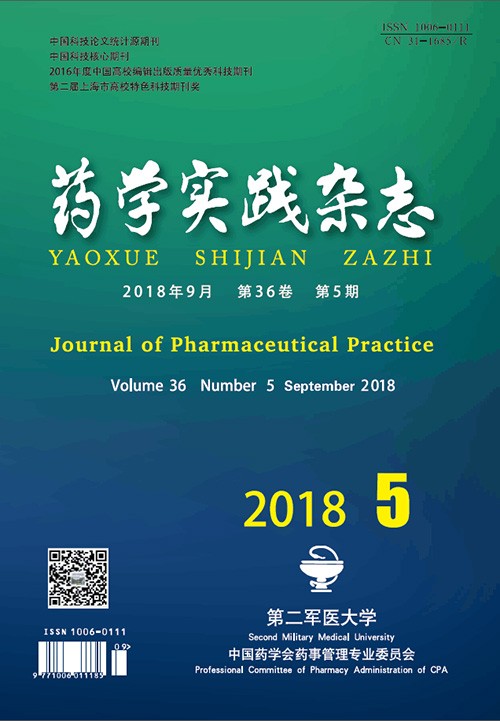|
[1]
|
BARTSCH P,SWENSON ER. Clinical practice:acute high-altitude illnesses[J].N Engl J Med, 2013, 368(24):2294-2302. |
|
[2]
|
SCHNEIDER M, BERNASCH D, WEYMANN J, et al. Acute mountain sickness:influence of susceptibility, preexposure, and ascent rate[J].Med Sci Sports Exerc, 2002, 34(12):1886-1891. |
|
[3]
|
FIORE DC, HALL S,SHOJA P. Altitude illness:risk factors, prevention, presentation, and treatment[J].Am Fam Physician, 2010, 82(9):1103-1110. |
|
[4]
|
KAYSER B,VERGES S. Hypoxia, energy balance and obesity:from pathophysiological mechanisms to new treatment strategies[J].Obes Rev, 2013, 14(7):579-592. |
|
[5]
|
ROACH RC, HOUSTON CS, HONIGMAN B, et al. How well do older persons tolerate moderate altitude[J].West J Med, 1995, 162(1):32-36. |
|
[6]
|
RI-LI G, CHASE PJ, WITKOWSKI S, et al. Obesity:associations with acute mountain sickness[J].Ann Intern Med, 2003, 139(4):253-257. |
|
[7]
|
HIRATA K, MASUYAMA S,SAITO A. Obesity as risk factor for acute mountain sickness[J].Lancet,1989,2(8670):1040-1041. |
|
[8]
|
MCDEVITT M, MCINTOSH SE, RODWAY G, et al. Risk determinants of acute mountain sickness in trekkers in the Nepali Himalaya:a 24-year follow-up[J].Wilderness Environ Med, 2014, 25(2):152-159. |
|
[9]
|
WU TY, DING SQ, LIU JL, et al. Who should not go high:chronic disease and work at altitude during construction of the Qinghai-Tibet railroad[J].High Alt Med Biol, 2007, 8(2):88-107. |
|
[10]
|
YANG B, SUN ZJ, CAO F, et al. Obesity is a risk factor for acute mountain sickness:a prospective study in Tibet railway construction workers on Tibetan plateau[J].Eur Rev Med Pharmacol Sci, 2015, 19(1):119-122. |
|
[11]
|
GAILLARD S, DELLASANTA P, LOUTAN L, et al. Awareness, prevalence, medication use, and risk factors of acute mountain sickness in tourists trekking around the Annapurnas in Nepal:a 12-year follow-up[J].High Alt Med Biol, 2004, 5(4):410-419. |
|
[12]
|
WAGNER DR, FARGO JD, PARKER D, et al. Variables contributing to acute mountain sickness on the summit of Mt Whitney[J].Wilderness Environ Med, 2006, 17(4):221-228. |
|
[13]
|
HIGGINS JP,THOMPSON SG. Quantifying heterogeneity in a meta-analysis[J].Stat Med, 2002, 21(11):1539-1558. |
|
[14]
|
GERTSCH JH, LIPMAN GS, HOLCK PS, et al. Prospective, double-blind, randomized, placebo-controlled comparison of acetazolamide versus ibuprofen for prophylaxis against high altitude headache:the Headache Evaluation at Altitude Trial (HEAT)[J].Wilderness Environ Med, 2010, 21(3):236-243. |
|
[15]
|
GERTSCH JH, CORBETT B, HOLCK PS, et al. Altitude sickness in climbers and efficacy of NSAIDs trial (ASCENT):randomized, controlled trial of ibuprofen versus placebo for prevention of altitude illness[J].Wilderness Environ Med, 2012, 23(4):307-315. |
|
[16]
|
LIPMAN GS, KANAAN NC, HOLCK PS, et al. Ibuprofen prevents altitude illness:a randomized controlled trial for prevention of altitude illness with nonsteroidal anti-inflammatories[J].Ann Emerg Med, 2012, 59(6):484-490. |
|
[17]
|
HSU TY, WENG YM, CHIU YH, et al. Rate of ascent and acute mountain sickness at high altitude[J].Clin J Sport Med, 2015, 25(2):95-104. |
|
[18]
|
WANG SH, CHEN YC, KAO WF, et al. Epidemiology of acute mountain sickness on Jade Mountain, Taiwan:an annual prospective observational study[J].High Alt Med Biol, 2010, 11(1):43-49. |









 DownLoad:
DownLoad: